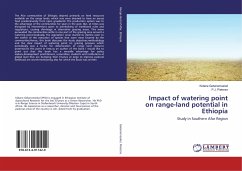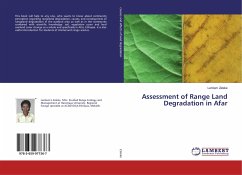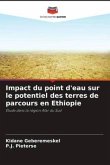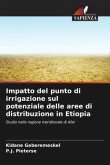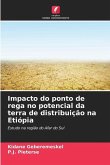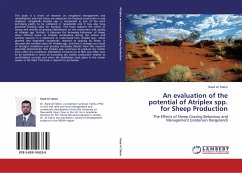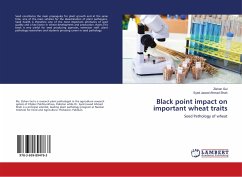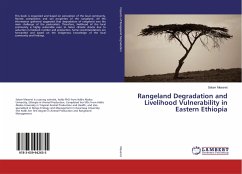The Afar communities of Ethiopia depend primarily on feed resources available on the range lands, which was once deemed to have an excess feed predominantly from open grasslands. The production system was to the advantage of the communities for years in the past. But, at times was disrupted by interventions apart to overlooking of traditional rules and regulations, causing shrinkage in alternative grazing areas. This move persuaded the communities settle in one part of the grazing area around a watering point.Gradually, the vegetation cover started to decline even to the extent of the execution of species that were most favored by the communities.Hence, this book discusses the study objectives,methodology and the clear impact of watering point on grazing pressure which periodically was a factor for deterioration of range land resource potential.At this point in time,as an author of the book I would like to point out that this book has a versatile advantage for policy makers,development practitioners, universities, students and institutions at global level that are dumping their finance at large to improve pastoral livelihood are worth-mentioning also for which the book was written
Bitte wählen Sie Ihr Anliegen aus.
Rechnungen
Retourenschein anfordern
Bestellstatus
Storno

